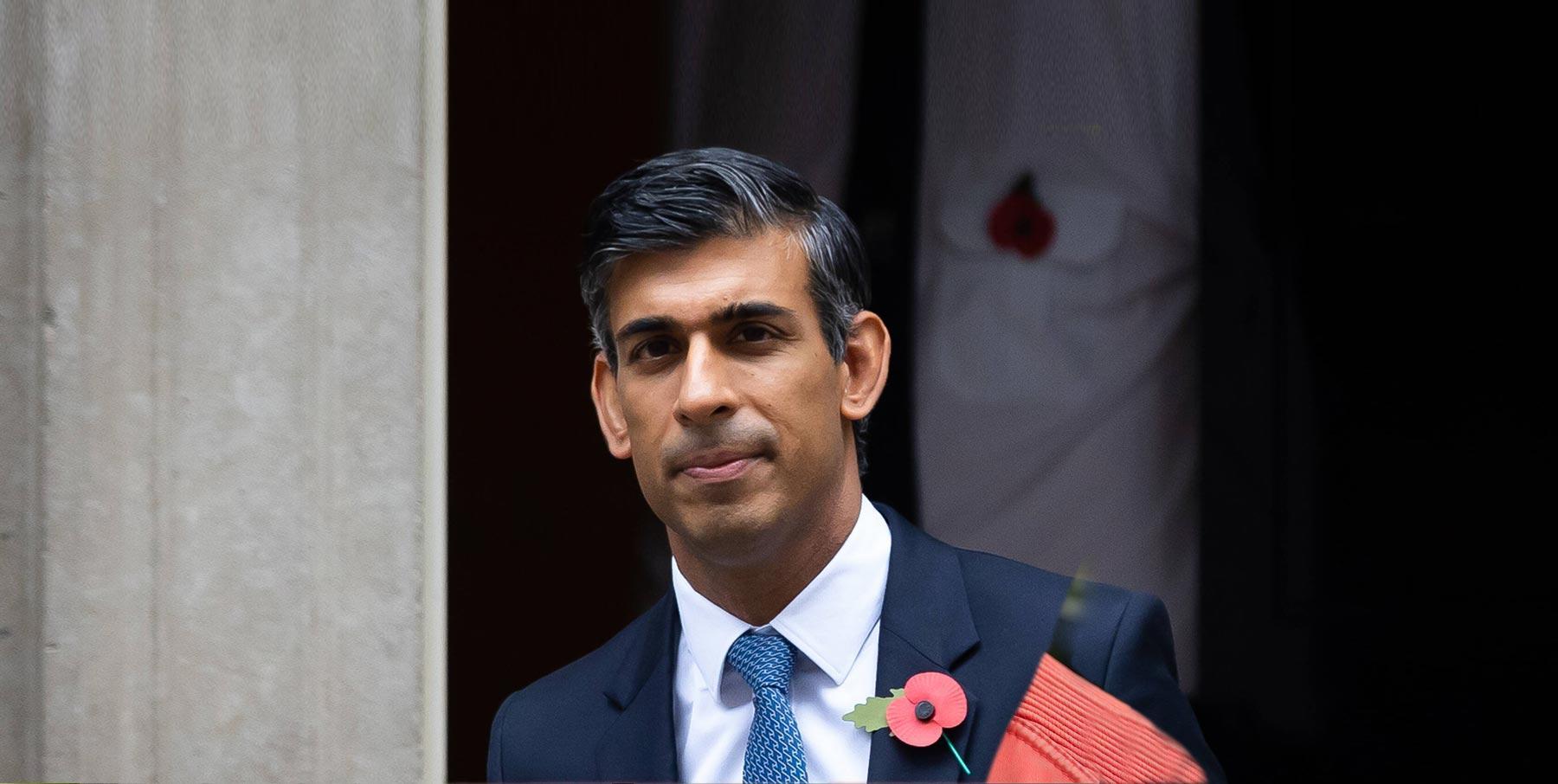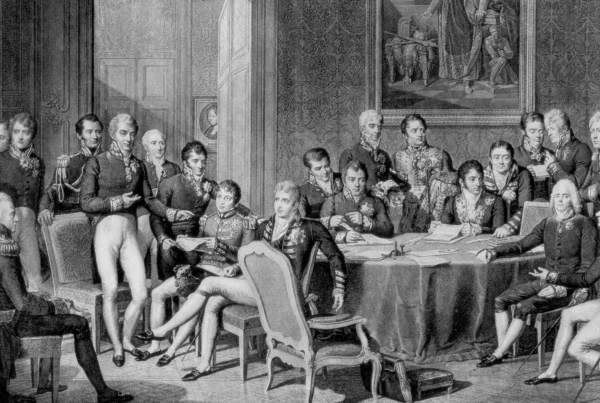The British Conservatives have manoeuvred themselves into an existential crisis. Rishi Sunak, new Conservative leader and Prime Minister, promises to restore public trust in his office. Whether he manages to gain the trust of both party and public will be his litmus test.
Maximilian Kriz, 8 November 2022
The last few weeks in British politics will be remembered as the most tumultuous in recent history. This is not the result of the transition to King Charles III after Queen Elizabeth’s 70-year-long reign and death in September. Instead, the turmoil at the top of the British government is of the Conservative party’s own making. The UK, a traditionally stable political system, has recently seen its the third PM this year, Rishi Sunak.
The political troubles have come at a time when inflation rates are higher than in other European countries, poverty and homelessness have increased, and interest rates have soared. How could get things so out of hand for the Conservatives, in power since 2010? And is Sunak the right person to fix them?
After Boris Johnson was forced to resign as PM and Liz Truss was elected his successor by members of the Conservative party in September, no one could have anticipated the speed at which her authority and power would vanish. Truss won the Conservative leadership race under the slogan “In Liz we Truss”. Alas, Conservative members only did so for a short period.
Her fiscal package, presented by Chancellor Kwasi Kwarteng who fell out of favor with the party as quickly as Truss, foresaw tax cuts for the highest earners and caused serious market turbulence. The pound’s value dropped, mortgage rates skyrocketed, and the Bank of England saw itself forced to intervene and prevent pension funds from collapse. Even the International Monetary Fund, which usually refrains from commenting on day-to-day politics, suggested that Truss should “re-evaluate” the fiscal package, an understatement usually associated with the British.
Truss’ lack of remorse contributed to her fall from grace. After merely 45 days in office, the pressure from party colleagues became too much and she had to resign. Conservative MPs elected Rishi Sunak as party leader and PM. In his first address to the nation, he admitted that “mistakes were made” by Truss and attempted to present himself as a new beginning, after months (or, some might say, years) of Conservative infighting, although he had been Chancellor for several years,
For newspapers and opposition parties, Sunak’s statement was not sufficient to break with the past, and they have repeatedly called for snap general elections. “We must have a chance at a fresh start”, in the words of Keir Starmer, leader of the Labour party, the largest opposition party. However, Sunak has rejected calls for imminent elections, and his motives are entirely understandable from the Conservative viewpoint. His party still holds the largest parliamentary majority since 1987 – a legacy from Johnson’s victory in 2019 – granting Sunak considerable freedom to govern and pass legislation.
Despite an upswing in the polls for the Conservatives since Sunak entered 10 Downing Street, he could expect to lose many seats in a snap election, if not the majority, in the House of Commons and thus the premiership. As of late October 2022, market research firm YouGov found that support for Conservatives stood at a dismal 23%, while Labour polled at 51%. Risking the comfortable parliamentary majority for cementing his authority is a gamble Sunak is not willing to take.
The alternative, however, is not necessarily more appealing. Until the next regular election in two years’ time, Sunak’s increased popularity and Conservatives’ recent bump in the polls will likely have evaporated. Reports that he plans to increase taxes to fill a gap of around GBP 40 billion in the budget will meet resistance from a public that already faces a cost-of-living crisis.
Worryingly for Rishi Sunak, the state of Britain’s economy is not the only problem requiring his attention. Tax increases could not just anger the population but also the more libertarian backbenchers in his party. There are still many supporters of Margaret Thatcher’s low-tax and low-spend agenda among Conservative MPs. Higher taxes are contrary to their heightened expectations.
They also want to see the economic benefits of Brexit, even such advantages have so far been difficult to prove.
Sunak faces a twin challenge. He not only has to steer the country through dire economic times, but he must also save his own party from fragmentation and infighting. The next months will show whether he is up to that challenge of saving the economy and party without losing the support of the population or his MPs.







